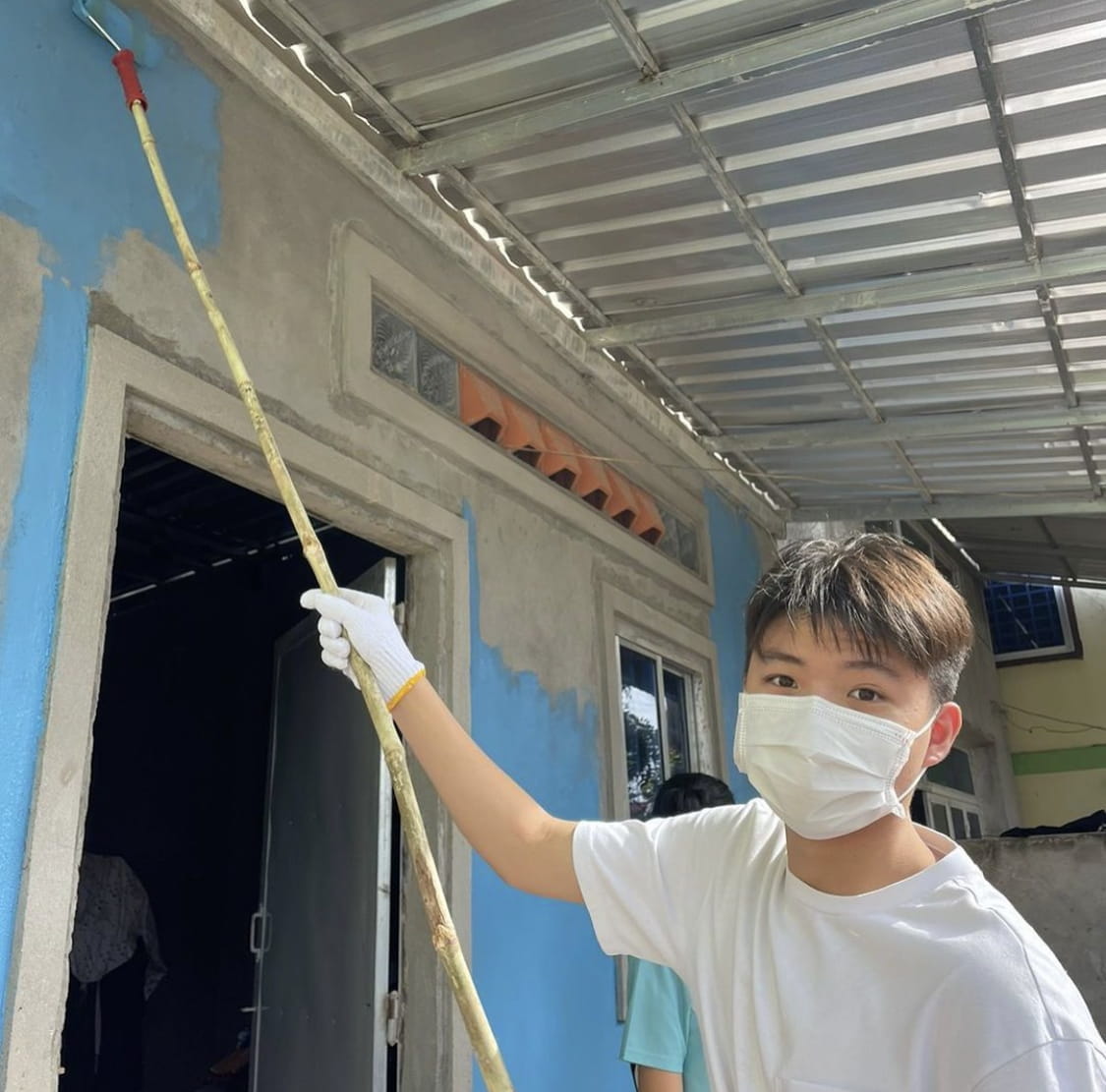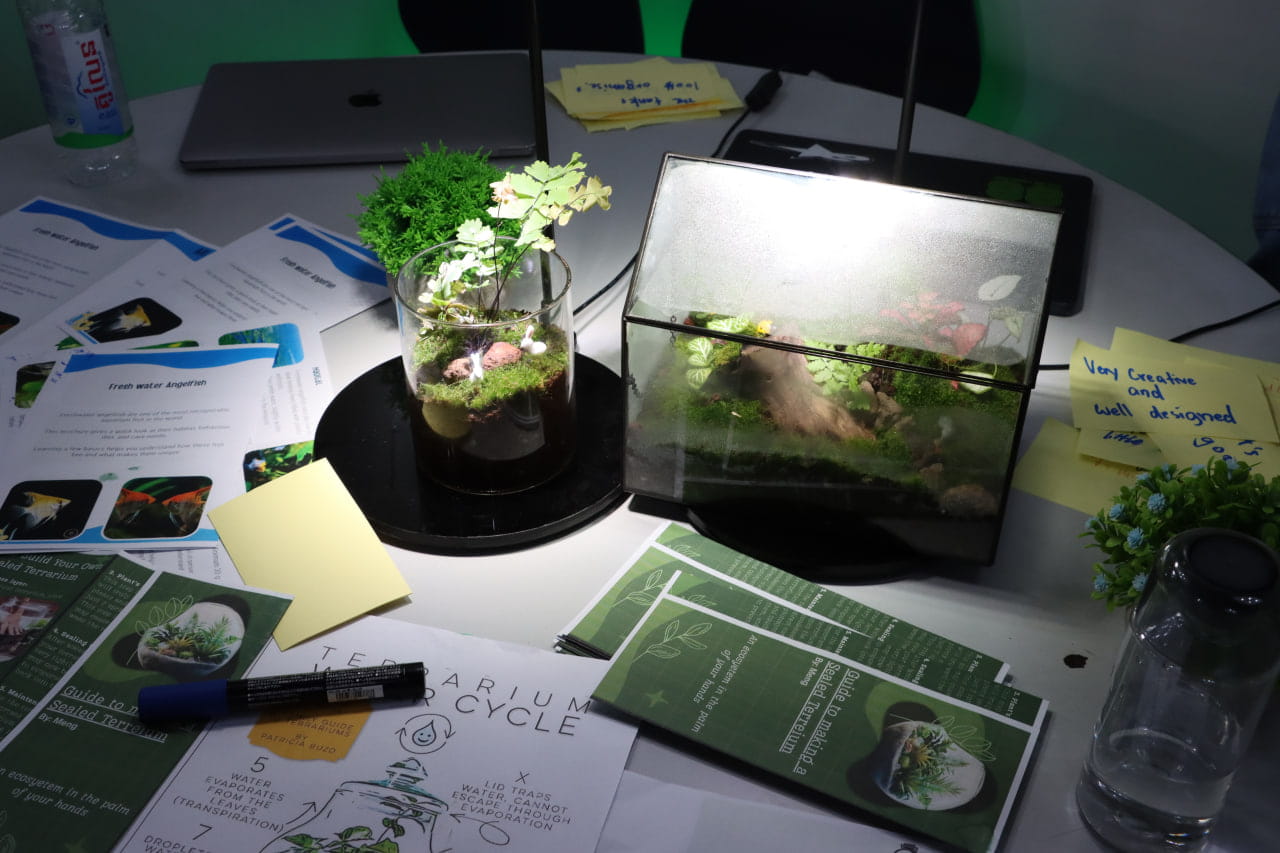During the MYP programme at NISC, service learning is deeply embedded into our approach. Students’ learning in the classroom explicitly relates to a set of Global Contexts; they have regular discussions in lessons about how their studies relate to real issues around the world and how different people are working to tackle them. However, we don’t simply encourage students to learn about these contexts for an assessment. MYP students are challenged to take their learning further and apply it in practical ways, developing their sense of agency and understanding of their roles as global citizens.
Whilst this awareness of the ‘real world’ is an excellent way to engage our students and contextualise their learning, service learning is also an opportunity for students to gain hands-on experience with the skills they need to become successful outside of their academics. To ensure that their action is meaningful and effective, our young people must learn to research, manage their time, and communicate with stakeholders, all whilst project managing events and tasks. This process, although challenging, greatly boosts their self-esteem, as they can see the positive impact they are making.
So far this year, students in grades seven and eight have been focusing on what meaningful service projects look like in their Monday advisory time. The students have discovered the different forms of service (direct, indirect, advocacy and research) and how they can begin to engage with their own communities to identify meaningful action. Each class has been challenged to plan a project that will make a difference in some way. Will they be researching ways that NISC students can improve their fitness? Will they be advocating for increased protection of the Irrawaddy dolphins in Cambodia? Could they be supporting a local NGO with organizing a sponsored event? The possibilities are practically endless, but it is down to the students to choose something that matters to them.
Students in grade 9 have also been preparing to start their own community project. They have been taking a critical approach to the ethical issues that can arise when service happens without due research. Through learning to focus on their own communities and identify issues known to them, they can plan to make a meaningful difference. Over the next few weeks, they will be researching and planning their projects. I am excited to see the ideas they have and the ways in which they can work with their communities to achieve their goals and make a real impact in a way that they care about.
Outside of the classroom, I will be taking a small group of students to Tanzania later this month, where they will be working with a local Masai Community to survey and research the different types of plants that can be cultivated in the hot, arid environment surrounding Lake Natron to support the local population. I know that learning about this environment and connecting with the local community is likely to inspire them to make comparisons and connections with their surroundings in Cambodia. Perhaps they will be inspired to investigate the challenges rice farmers in Cambodia are facing on their return!
As IB students, our learners are called to be caring members of their community. As NISC students, we aspire for them to be future leaders. Throughout the MYP programme (grades 6-10), they will be increasingly encouraged to embark on Service as Action projects outside of their lessons. It is our privilege as educators to support them as they learn to solve problems, work together and communicate with others as they develop throughout their educational journey at NISC.



.jpg?h=1280&iar=0&w=960&rev=86151fc3e15343ca95cb9eec09213d4e&hash=3D627804BD465582CD144356BC439FAB)


